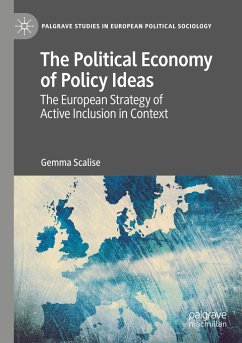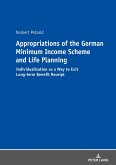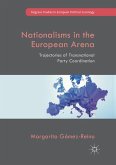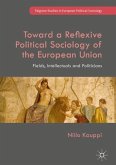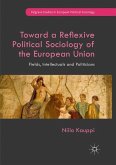In 2008, the European Commission relaunched the policy idea of active inclusion, with the aim of facilitating the integration of people into sustainable and quality employment. Over ten years later, and in the aftermath of one of the most trying periods in Europe's recent economic history, this book provides a critical and timely reassessment.
The Political Economy of Policy Ideas contributes to the growing scholarly literature on ideational political economy and labour market regulation by providing a systematic analysis of the idea of active inclusion and its three core principles: activation, conditionality and personalization. The research breaks new ground by detailing how divergent interpretations of these principles, by relevant social actors in different contexts, have shaped their implementation. The book is of interest to scholars and students across comparative political economy, economic sociology, welfare and industrial relations studies.
The Political Economy of Policy Ideas contributes to the growing scholarly literature on ideational political economy and labour market regulation by providing a systematic analysis of the idea of active inclusion and its three core principles: activation, conditionality and personalization. The research breaks new ground by detailing how divergent interpretations of these principles, by relevant social actors in different contexts, have shaped their implementation. The book is of interest to scholars and students across comparative political economy, economic sociology, welfare and industrial relations studies.

